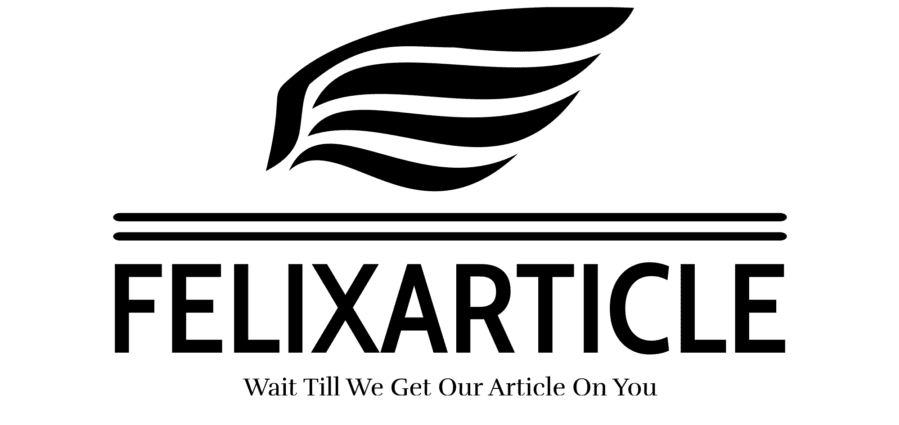Affordable MRI Center Near You in Indiana
You may have heard of or undergone MRI scans and one of the factors that may leave you overwhelmed can be the charges for MRI scans. Whether you go for open-MRI or close-bore MRI scans, the charges can be high. The prices of MRI scans are higher than those of CT scans and X-rays because of the technique used and the precision of the imaging. However, seeking affordable MRI scans in Indiana is now possible with our Affordable MRI Center. If you are looking for affordable MRI scans near you, do not hesitate to book your appointment with us!
What is Magnetic Resonance Imaging?
MRI scans, as the name implies, is a diagnostic imaging technique. Healthcare professionals may recommend MRI scans to diagnose several health conditions. From musculoskeletal pain to tumors, and more serious conditions like cancer, MRI scans can be used for all such conditions. Using strong magnetic fields and radio waves, MRI scans are created. Usually, in complicated health situations, MRI scans are recommended.
MRIs, CT scans, and X-rays are all imaging diagnostics. However, these are different from each other in terms of the procedure of imaging and the technique used. Among these three, MRI scans provide the most precise and detailed imaging. Also, these do not use radiation for imaging, unlike CT scans or X-rays.
In an MRI procedure, a tube-like magnetic machine is used for imaging. The patient is lying down inside the large MRI tube and the magnetic field and radio waves inside the machine are activated. It works with the hydrogen atoms inside the patient’s body. When the process begins, the cross-section images of the concerned body part are created. In some time, the radiologist will hand over the reports to you. If you are in search of cost-effective MRI providers in Indiana, do not hesitate to reach out to the Affordable MRI Center.
How many types of MRI scans?
Magnetic resonance imaging, and MRI, are of two types. You may have heard of contrast MRI scans. Let’s discuss them. MRI scans are broadly of two types; with contrast and without contrast. Depending on your condition and the diagnostic requirements, either of the two will be recommended to you. Here are the details of the types of MRI scans:
- MRI with contrast
Contrast refers to a dyeing agent, gadolinium. When an MRI scan is performed with the involvement of gadolinium, it is known as an MRI scan with contrast & report . It is usually recommended if the patient is suspected of tumors, cancer, inflammation, or specific infections.
The MRI scan with contrast begins with the injection of gadolinium drug into the patient using an intravenous catheter. Once the gadolinium has been injected, the patient may have to wait for some time before imaging begins. Gadolinium helps in creating more sensitive reports indicating even the tiniest of details. It is a safe drug and flushes out of the body some hours after the procedure is completed.
- MRI without contrast
Unlike contrast MRI, magnetic resonance imaging without contrast involves no use of dyeing agents. In MRI scan without contrast, the patient directly undergoes the MRI scan procedure without any drug injected into them.
Who is a candidate for MRI diagnostics?
Magnetic Resonance Imaging, MRI, can be recommended to anyone who requires in-depth diagnosis of an underlying health condition. Being an advanced diagnostic procedure, it is usually not the first line of diagnosis. The doctor usually performs physical assessment and other diagnostics like X-rays before recommending MRI scans. However, in some cases, MRI scans could be a requirement for tumors, cancer, musculoskeletal pain, heart, spinal cord, bones, joints, or internal organs.
MRI scans help in reaching the root cause of an underlying health problem. People who have metal implants in their bodies or pregnant women usually do not recommend MRI scans. For such people, CT scans could be the ideal imaging diagnosis.
Preparations for MRI scan: Learning before, during, and after the procedure
MRI scans are advanced diagnostic tests and may require pre and post-imaging care. Your radiologist may explain all about it in detail once you visit your MRI center. To help you be prepared in advance, here we have shared the details of the MRI scan procedure:
- Before MRI scan
The diet and your ongoing medication may not be restricted until the doctor advises you for the same. When you visit the clinic for the scan, you will be asked to remove these until the procedure is completed. It includes jewelry, hairpins, glasses, watches, wigs, etc.
In case the patient is claustrophobic, he/she may be given certain drugs that help reduce the fear of compact spaces and relax them during the procedure. People going for MRI scans with contrast will be given the gadolinium drug through intravenous before the procedure. I
- During MRI scan
After you have been prepared for the scan, the radiologist will help you lie down on a tray that slowly slides into the MRI tube. With you, a microphone will be placed which you can use to talk to the radiologist. The health professionals will be present in a different room from where they will be controlling the scanning. During the procedure, you may hear sounds that are created due to the magnetic fields and radio waves. You can see nothing moving though.
- After MRI scan
Once the MRI scan is done, you will be taken out of the tube. People who have been given sedatives may be required to rest for a while before they leave the premises. Others can usually carry on with their usual activity once they are out of the MRI scan room. After some time, the MRI reports will be handed over to you.
How do MRI and CT scans differ?
If you are new to MRI scans, you may wonder how CT scans and MRI scans differ. Magnetic resonance imaging and CT scans differ in their procedure, technology used, costs, and purpose. So, even though these two are imaging diagnoses, they differ from each other.
MRI scans are used to scan non-bony parts of the body or for specific health conditions. Also, it is recommended if physical diagnosis can not help in reaching a conclusion. CT scans, on the other hand, are done for bony or non-bony parts of the body, as per the requirement of the health condition of the patient.
MRI scans are usually considered a safe diagnosis since it uses radio waves, magnetic fields, and a computer to create the images. So, there is no involvement of harmful radiation. On the other hand, CT scans use X-rays and computers to produce images. This process involves the use of radiation. So, it can be said that MRIs are a safer alternative than CT scans since they don’t use ionizing radiation.
Magnetic resonance imaging can be a costly affair. CT scans or X-rays are usually less expensive. However, when it comes to precise imaging, MRI scans can be the best choice. If you are looking for MRI centers near you with low prices, Affordable MRI Center could be the best choice for you.
Conclusion
Are you looking for MRI facilities in Indiana with budget options? If so, what is stopping you from visiting our Affordable MRI Center? We provide competitive and low-price MRI scans with utmost precision and accurate reports. Whether you require an MRI scan with or without contrast, we do it all for you. You may contact us or walk into our clinic to book your MRI services with us.



